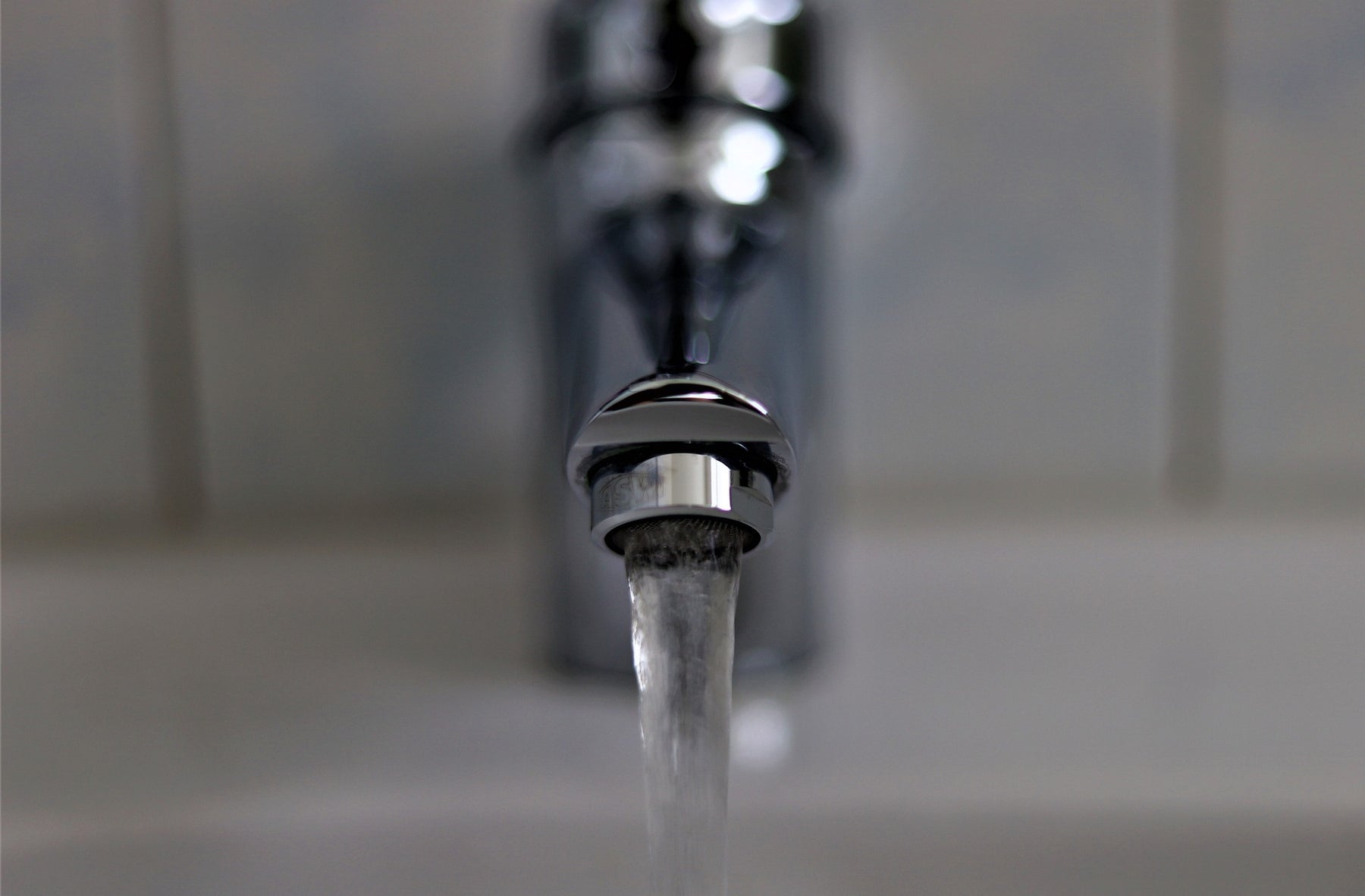
Is Drinking Bathroom Tap Water Bad for You?
Did you know it’s actually a common question as to whether bathroom tap water is safe to drink? In fact, we’re seeing around a thousand people ask this question a month! Yes, 1000!! Are you someone who’s thought about whether it's healthier to drink from the kitchen sink? Or do you think that it's bad for you? Time to uncover the truth.
A little drip on Tap Water
Tap water, also known as potable water, is basically the water that comes out of your regular tap. No surprises or prizes there. It's the same water that's used for drinking, cleaning, cooking, and bathing. In the UK, tap water comes from a variety of sources, including rivers, lakes, reservoirs, and groundwater aquifers. The water is treated at water treatment plants before being distributed to homes and businesses through a network of pipes. Treatment of tap water is conducted with chlorine, fluoride, and other chemicals to ensure it's safe to drink.
This process is called water purification. This process removes any impurities, such as dirt, chemicals, and bacteria, from the water. The water is then tested for safety and quality.
Chlorine is used as a disinfectant to kill harmful bacteria, viruses, and other pathogens that may be present in the water source. Chlorine is effective in killing these contaminants and provides long-lasting protection as the water moves through the distribution system to your tap. Additionally, chlorine helps to control the growth of bacteria and algae in the water supply and helps to maintain the water quality over time. The use of chlorine as a disinfectant for drinking water is widely accepted and regulated by health and safety agencies to ensure the safety and potability of tap water.
Drinking water that contains small amounts of chlorine is generally considered safe for human consumption. Chlorine is widely used as a disinfectant for drinking water because it is effective in killing harmful bacteria, viruses, and other pathogens that can be present in the water supply.
However, drinking large amounts of chlorine or long-term exposure to high levels of chlorine can be harmful and cause health effects such as irritation of the eyes and skin, breathing difficulties, and increased risk of cancer. The levels of chlorine in drinking water are regulated to ensure safety, and it is uncommon for levels to exceed safe limits.
If you have concerns about the chlorine levels in your drinking water, you can contact your local water supplier or a water testing laboratory for more information.
Is tap water safe to drink?
Yes, UK tap water is safe to drink. All water supplied by water companies in the UK is regularly tested and monitored to ensure it meets strict standards set out in regulations. Tap water in the UK is generally of a very high quality and is safe to drink. It is also affordable, making it one of the cheapest sources of hydration available.
The same rings true in most developed countries, tap water is generally considered safe to drink if it is supplied by a regulated public water system and meets health and safety standards. The water is treated and disinfected to remove harmful contaminants and pathogens before being distributed to homes and businesses through a network of pipes.
However, in some regions with older or less developed water infrastructure, tap water may not be safe to drink due to contamination from pollutants or lack of proper treatment. In such cases, it may be necessary to use an alternative source of drinking water or to treat the tap water before consumption.
If you have concerns about the safety of your tap water, you can contact your local water supplier or a water testing laboratory for more information and to have your water tested.
Is bathroom tap water safe to drink?
The short answer is yes, bathroom tap water can be safe to drink.
HOWEVER - it’s important to remember that this is a general rule; and really may only apply to a brand new home. Bathroom water pipes are typically older than kitchen pipes for several reasons.
Kitchen pipes are often located in areas of the home that are remodeled or renovated more often than bathrooms. Bathrooms tend to have more plumbing fixtures, such as sinks, showers, and toilets, than kitchens, making them more likely to have pipes that are older and contaminated with more limescale build up and other residue.
Bathroom tap water can come into contact with a variety of household chemicals and cleaning agents that are commonly used in the bathroom, such as soaps, shampoos, and toilet bowl cleaners. Additionally, the pipes used to carry water from the bathroom taps may be older and more corroded, which could cause them to leach metals and other contaminants into the water.
In contrast, kitchen tap water is typically considered safer to drink. Kitchen taps are usually located farther away from bathrooms and other cleaning areas, resulting in a lower chance of contamination. Furthermore, kitchen water pipes are often newer and less likely to be corroded due to the more frequent renovations and accessible cleaning. Plus, there’s no toilet flush throwing bacteria around the room!
Conclusion
There you have it: is bathroom tap water bad for you? The short answer is no, but it's important to remember that bathroom tap water may not be as fresh as other sources of drinking water.
Additionally, bathroom taps may contain contaminants like lead, bacteria, and other chemicals. If you're concerned about the safety of your tap water, you can always install a water filter to ensure it is safe to drink.
But, we’d stick to the kitchen and maybe introduce a filter - just to be doubly sure.
--
